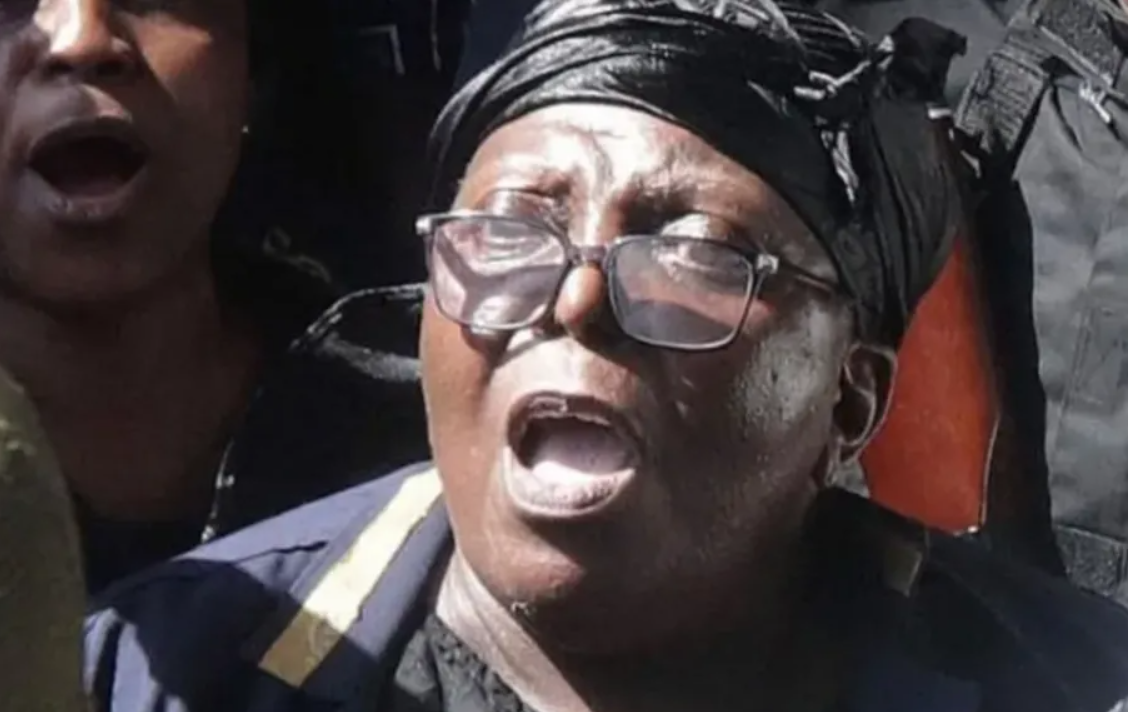Gloria Maya Musu-Scott, a former chief judge and justice minister of Liberia, was cleared of all charges in the murder of her niece, Charlotte Musu, by the country’s highest court. This case enthralled the country since it involved Musu-Scott and three of her female relatives, who were all given life sentences for the terrible event that happened in February 2023. The acquittal is a watershed event in Liberia’s legal history; it calls into question the fairness of the system, the weight of evidence in trials, and, more generally, the impact on human rights in the nation.
Setting the Scene of the Case
The capital of Liberia, Monrovia, was the site of the horrific murder of 29-year-old Charlotte Musu. Among the defendants was Gloria Maya Musu-Scott, a well-known figure in Liberia’s political and judicial circles. While serving as the opposition party’s legal representative, Musu-Scott had just won a high-profile case against the election commission, which had far-reaching political implications, when she was convicted.
Because of Musu-Scott’s prominent position and the horrific nature of the crime, the public paid close attention to the case. In January, a lower court sentenced Musu-Scott and her relatives to life in jail for murder, conspiracy, and giving police false information. But Musu-Scott has always insisted that she is innocent, saying that an assassin had broken into her home and murdered her niece.
Acquittal by the Supreme Court and What It Means
The much-anticipated appeal verdict, which overturned the prior conviction, was given on Wednesday by Chief Justice Sie-A-Nyene Yuoh. State prosecutors failed to provide enough evidence to link Musu-Scott and her family to the crime, according to the Supreme Court’s ruling. According to Justice Yuoh, the prosecution failed to provide sufficient evidence to support the conviction, which resulted in the acquittal of all defendants.
The difficulties faced by the criminal justice system, especially in instances dependent on circumstantial evidence, are brought to light by this decision, which emphasizes the significance of evidence-based legal processes. A conviction must be founded on proof that is so strong that there leaves no space for reasonable doubt; this concept was reiterated by the Supreme Court’s decision to exonerate Musu-Scott and her relatives.
Reaction from the Public and Current Debates
Protesters had gathered outside the prison to greet Musu-Scott and her family upon their release following an eight-month ordeal, and their joy was palpable. In spite of the joyous mood, Musu-Scott voiced her worries about the overall condition of Liberia’s legal system. Not long after her release, she issued a statement in which she highlighted the need of continuing changes and brought attention to the fact that numerous innocent people are still held in prisons nationwide.
On the other hand, the verdict has elicited conflicting comments from women’s rights groups. The criminal justice system must safeguard the innocent, according to a statement released by the Women Non-Governmental Organizations Secretariat of Liberia (WONGOSOL). The group stressed, however, that the victim, Charlotte Musu, whose murder is still unsolved, deserves genuine justice. The victim’s reopening wounds caused by the acquittal, according to WONGOSOL, emphasized the need to solve the justice system’s shortcomings immediately and urged continued efforts to pursue justice.
Gloria Maya Musu-Legacy Scott’s
The impact of Gloria Maya Musu-Scott on Liberia is complex. During her time as chief justice of the Supreme Court and justice minister, she was instrumental in developing the legal system of the nation. She left the bench in 2003 and entered politics, where she was a legislator in Maryland County until 2012. The Unity Party, of which Musu-Scott was a prominent member, just had its leader, Joseph Boakai, elected president. Musu-Scott was a longtime champion of women’s rights.
Participation in the legal case against the election commission by Musu-Scott was perceived as evidence of her dedication to preserving democratic principles in Liberia and her aptitude for the law. So, her acquittal is a huge deal for her personally. Still, it’s also a watershed moment for the legal community in the nation because it shows how important it is to have fair trials and to preserve people’s rights in the court system.
In summary
At a turning point in Liberia’s judicial history, Gloria Maya Musu-Scott and her relatives were found not guilty. It calls into question the judicial system’s capacity to strike a fair balance between holding people accountable and safeguarding their rights. This case highlights the need of evidence-based justice and the continuous need for reform as Liberia grapples with the intricacies of its judicial system. Charlotte Musu’s pursuit of justice is an unfinished business that the country must attend to even as the acquitted start putting their lives back together.



















